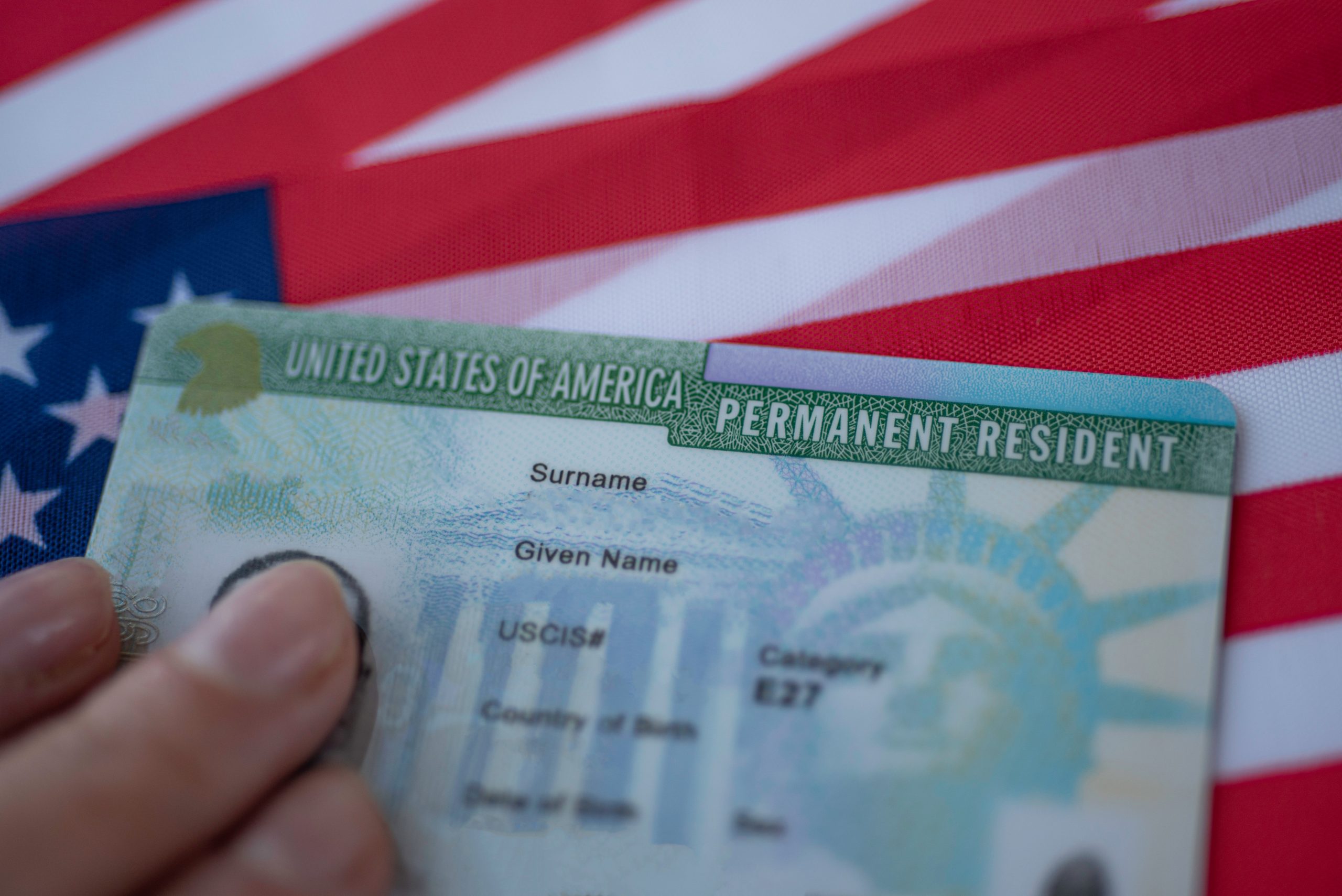L1 vs H1B Visa: Which one is right for you?

The L1 visa and H1B visa are two of the most common work visas in the U.S. While they share many similarities, they each have different purposes and requirements. The L1 visa is tailored for intracompany transfers, while the H1B visa is designed for foreign workers with specialized skills in specific occupations.
Let’s take a look at the differences between the L1 visa vs H1B, to help you decide which visa type is best for you.
What is L1 visa?
The L1 visa is a temporary work visa for moving skilled professionals from international organizations to a U.S. company. There are two different types of of L1 visas:
- L1-A visa: For Managers and Executives
- L1-B visa: For individuals with “specialized knowledge” about the company’s products, policies, or procedures
What is H1B visa?
The H1B visa is also a temporary work visa, and it applies to a wide variety of professions that count as “specialty occupations”. H1B visa sponsorship jobs are ones that typically require a bachelor’s degree such as Architects, Chemists, Economists, Software Engineers, or Lawyers.
Comparison of L1 visa vs H1B
While the L1 visa and H1B visa are both temporary work visas, they aren’t the same.
Let’s take a look at some key differences between L1 visa vs H1B:
| L1 Visa | H1B Visa | |
| Who can apply? | – Executives or managers – Individuals with specialized knowledge about the company | Workers in “specialized occupations”, such as Architects, Chemists, Economists, Software Engineers, and Lawyers |
| Employment requirements | – You must be transferring to the U.S. from a foreign office of a related company – You must have worked for the foreign employer for at least one year | Your job must require a bachelor’s degree |
| Academic requirements | None | You must have a bachelor’s degree or its equivalent (or specialized training or work experience) to meet this H1B visa requirement |
| Salary requirements | None | Employers must pay H1B workers the higher amount of either the “actual” or “prevailing” wage. |
| Approval from Department of Labor Certification (DOL) | Not required | Your employer needs certification from the Department of Labor |
| Changing employers | L1 visa holders cannot switch employers | – H1B visa holders can switch employers and transfer companies – The new employer will need to file an H1B visa transfer petition |
| Duration of the visa | Depends. Employees coming to the U.S. to set up a new office can stay for up to 1 year initially. For an L1A visa, employees can stay up to 3 years initially, and renew for a max stay of 7 years. For an L1B visa, employees can stay up to 3 years initially, and renew for a max stay of 5 years. | Workers can stay up to 3 years initially, and renew for a max stay of 6 years |
| Annual quota or “cap” | None | The overall limit for H-1B visas is set at 85,000 annually by U.S. immigration law |
| Do you have to participate in a lottery? | Nope! | Yes, unless you work for a non-profit or within academia |
Key advantages of L1 visa
- You can bring your spouse with you to the U.S. under L2 visa status (which means they can work in the U.S.)
- Availability of a blanket petition, which speeds up the visa process for larger employers, by removing the need for the business to show eligibility each time they want to sponsor a worker
Key advantages of H1B visa
- You can transfer between employers as an H1B visa holder (your new employer must file a transfer request with USCIS)
- H1B visa requirements do not include the need to show the corporate relationships between your foreign and U.S. entities, which is a requirement under the L1 visa
- There are no previous work requirements under an H1B visa
- You do not have to be an executive or a manager to apply for an H1B visa, as long as your role typically requires a bachelor’s degree
Still not sure which visa is right for you? Take our free visa quiz.
Transitioning from L1 visa to green card, or H1B visa to green card
Now that we’ve covered the key differences and advantages of the H1B vs L1 visa, you’re probably wondering…
“Can I go from L1 visa to green card?”
“Can I go from H1B visa to green card?”
Both the L1 visa and H1B visa are considered dual intent visas, which means you can show your intent to become a permanent resident (apply for a green card) while in the U.S. The dual intent allows you to pursue your long-term immigration goals, without jeopardizing your non-immigrant status.
How Manifest Law can help
Whether you’re applying for an L1 visa or H1B visa, having an experienced immigration lawyer by your side can make all the difference in your immigration journey.
At Manifest Law, our L1 visa lawyers have extensive experience filing L1 visa applications for both executives and managers that work at foreign entities. Our H1B visa lawyers are also well versed in the lottery and application process and can maximize your odds of success with H1B visas.
Here at Manifest Law, we provide flexible payment plans of up to 6 months, a visa-approved or money-back guarantee (terms apply).





















